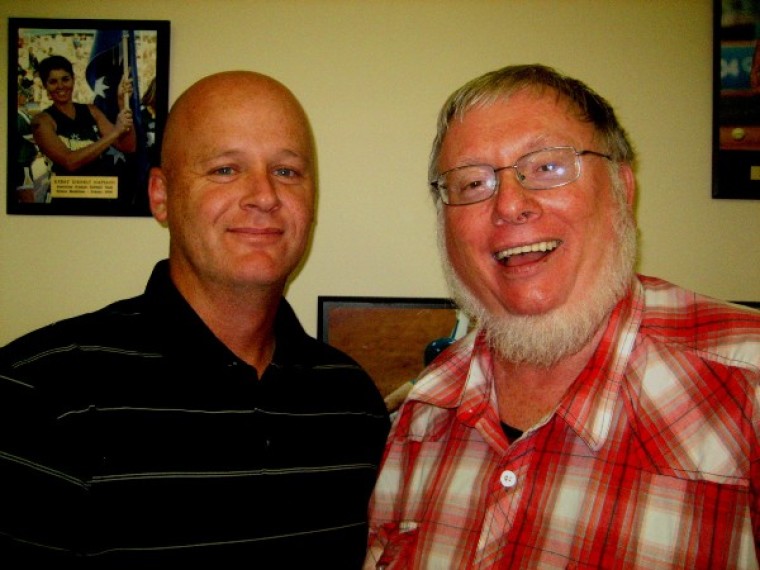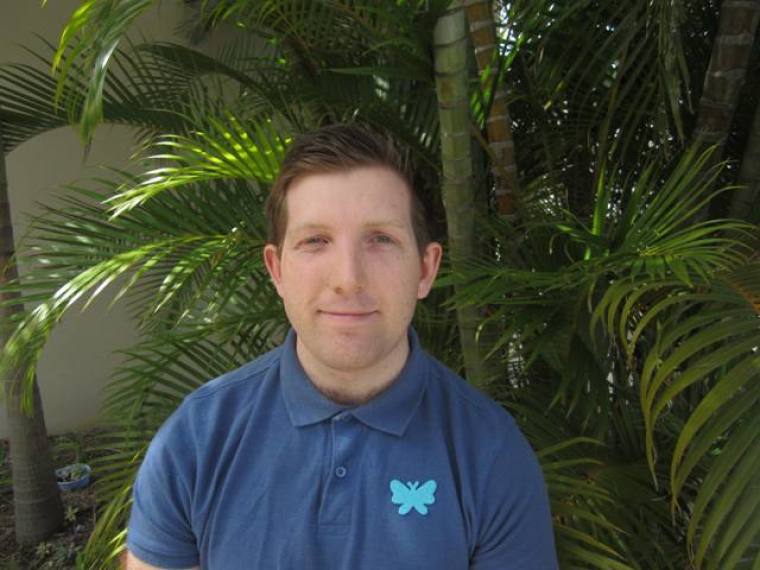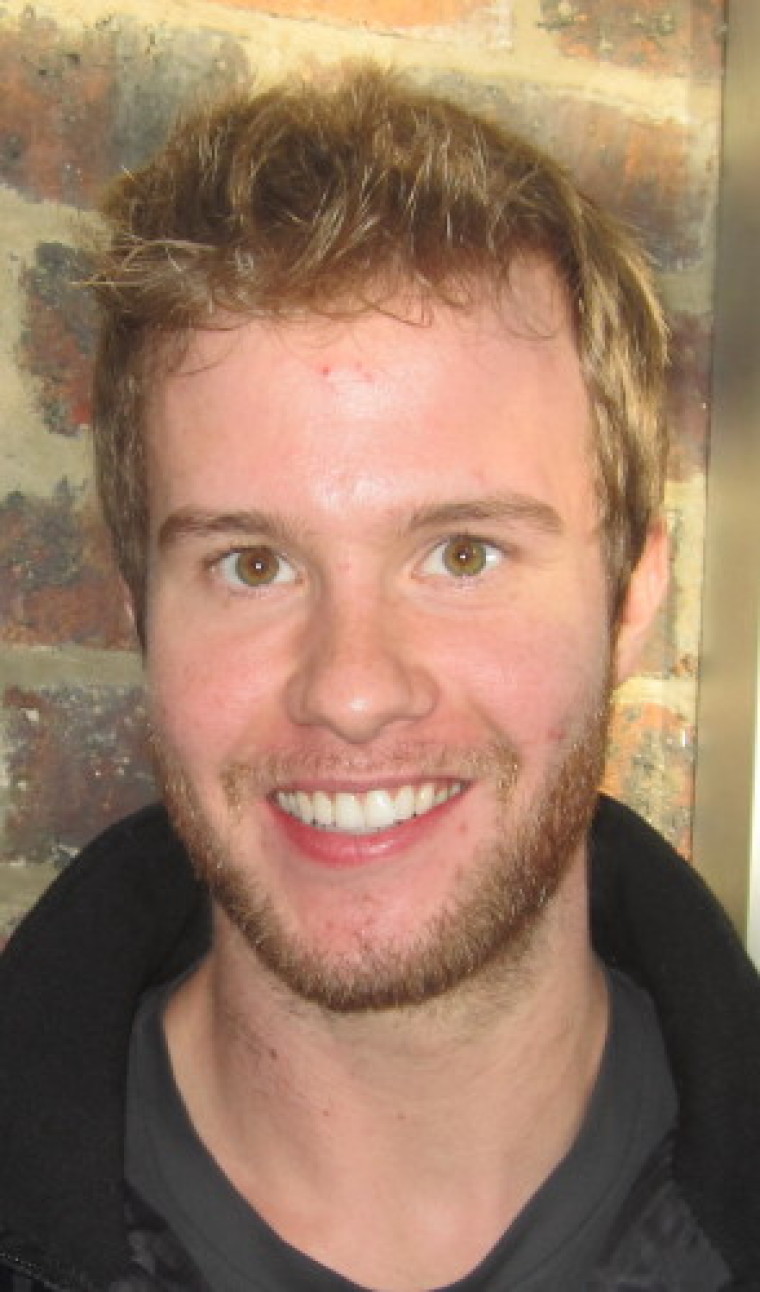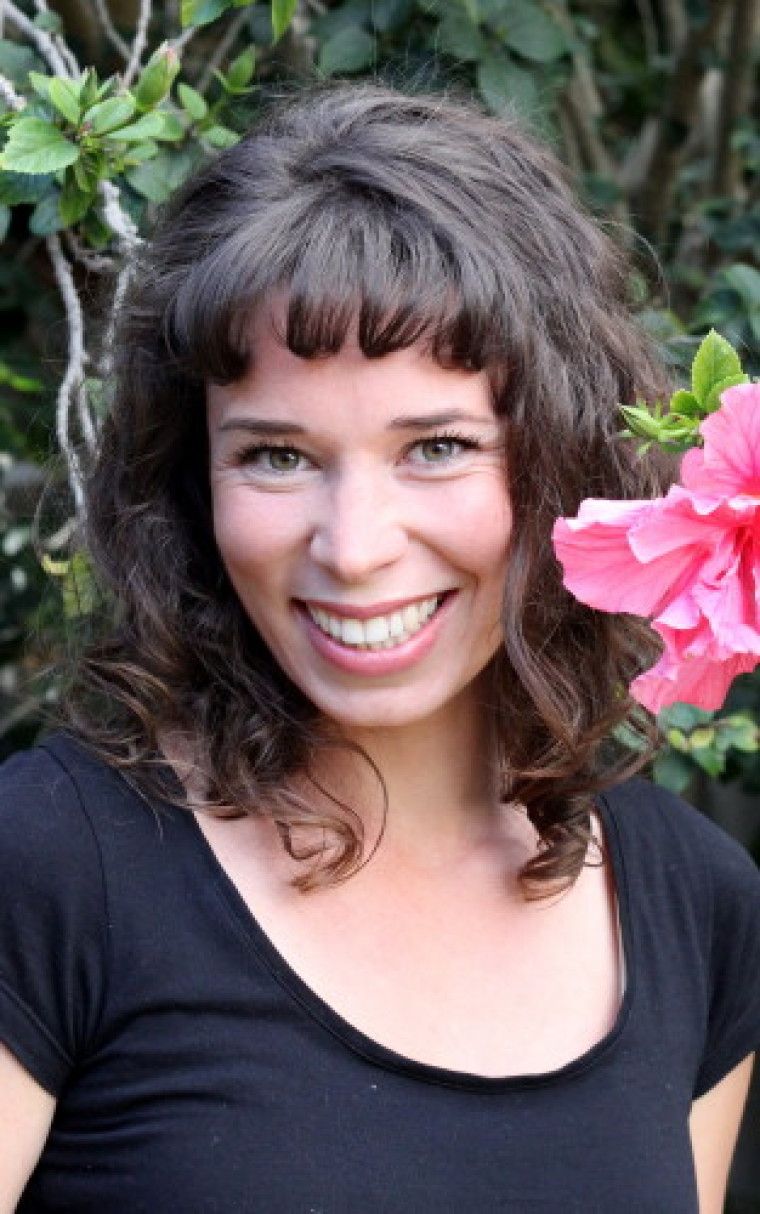

After the recent Commonwealth Games there was once again a spate of articles relating to life after elite sport such as this The Conversation piece which details some specifics and very helpful too.
In 2000 Well-Being Australia established Life After Cricket after I had spent the previous 17 years as the Chaplain to the Australian Cricket Team.
On board came key cricket names for the bi-annual newsletter published 30 March (after the finished of the Australian summer of cricket) and 30 November (near the start of the Australian summer of cricket).
Allan Border, Greg Chappell, David Boon, Kim Hughes, NSW and VIC Cricket representatives became the editorial team and now the bi-annual publication will be its 29th edition on 30 November next month. In recent years it has focused on cricketer respite and the available respite facilities of Basil Sellers Tweed (Cassurina, Tweed Heads) and Basil Sellers Laguna Quays (Whitsundays mainland).
In 1992 Nick-Farr Jones (Rugby) and Jeanine Treharne (Yachting) officially opened Basil Sellers Moruya (Timeout in Moruya - Sanctuary Lodge) on the NSW south coast for the elite athletes at the Australian Institute of Sport.
This was a vision of mine having attended the 2nd World Congress on Sport Mission ten years earlier (1982) in Hong Kong and there meeting the late Gernot Kunzelmann who had opened a similar project in the Austrian Alps at Tauernhof for his fellow winter sport elite athletes and summer mountaineers.
For the following 14 years my wife Delma and I ministered in Moruya to these elite athletes and discussed a host of issues with these athletes and coaches who visited. When Life After Cricket was established we had a good grasp of athlete respite and all that experiences was directed providentially.
Each and every generation of elite athlete has to deal with these issues. 1992 Barcelona Olympic Road Cyclist Darren Lawson recently said that every Sport thinks they are the only one dealing with these issues. His experience has proven to be very helpful to others. After his top sporting years he and his wife Rosemary and family became missionaries in Russia and after 8 years away, returned home to teaching at a Christian school and is now a Principal at a Rockhampton Christian College.

An Athlete's degree of voluntariness
Ruddock-Hudson in The Conversation article cited the following:
"During retirement, an athlete is forced to transition to life after sport. Sometimes athletes can choose when they hang up their boots (or goggles), but often they are forced into retirement due to injury or age. As a result this may potentially affect their wellbeing. In addition, athlete involuntary retirement can elicit psychological and emotional difficulties including:
- decreased self-confidence
- more frequent feelings of anger, anxiety and depression
- substance abuse."While an athlete's dedication to sport often leads to a strong athletic identity, which can have positive and negative consequences they also risk experiencing difficulties after their sports career. The loss of the athlete role after retirement may potentially not only affect their athletic identity, but also their overall sense of self. Assisting athletes cope with career transition is one of the most commonly encountered issues for applied sport psychologists and the quality of adaptation to post sport life is significantly determined by an athlete's degree of voluntariness."

Voluntariness
This is indeed a critical component of an athletes' quiver in handling post retirement living, ie: how much of an effort are they willing to muster to get on with life now that one portion of their meaning for living has come to a close.
As a matter of interest this applies not only to elite athletes in the public eye, it also applies to those in the corporate and business sector when laid off, to a host of people entering new phases of life.
Those people who become followers of Jesus also find something akin to this self determination 'volunteering' process of putting what was behind them and now with a new focus and world view. If anyone says it is easy, they'll lie about other things too!

Dr Mark Tronson is a Baptist minister (retired) who served as the Australian cricket team chaplain for 17 years (2000 ret) and established Life After Cricket in 2001. He was recognised by the Olympic Ministry Medal in 2009 presented by Carl Lewis Olympian of the Century. He mentors young writers and has written 24 books, and enjoys writing. He is married to Delma, with four adult children and grand-children.
Mark Tronson's archive of articles can be viewed at http://www.pressserviceinternational.org/mark-tronson.html
